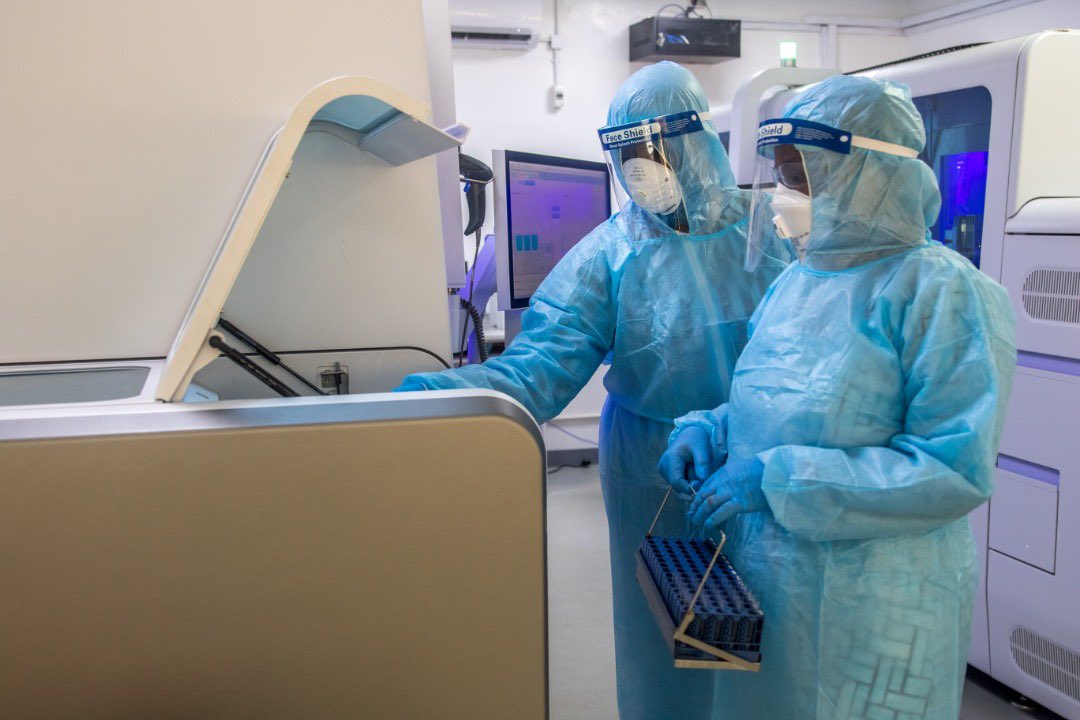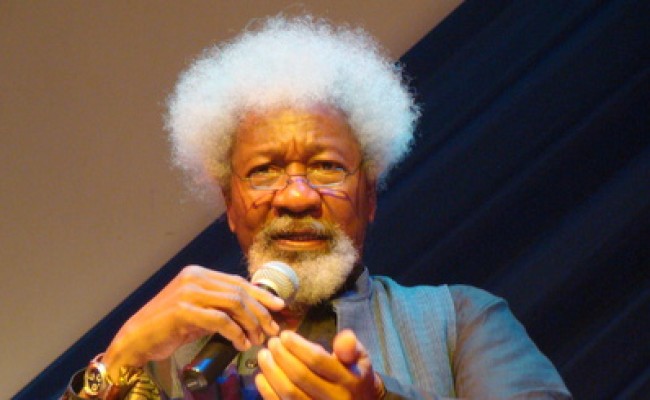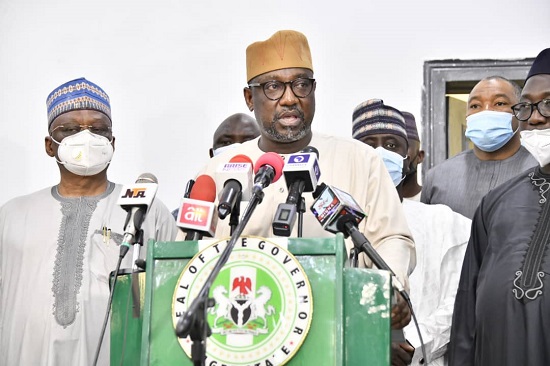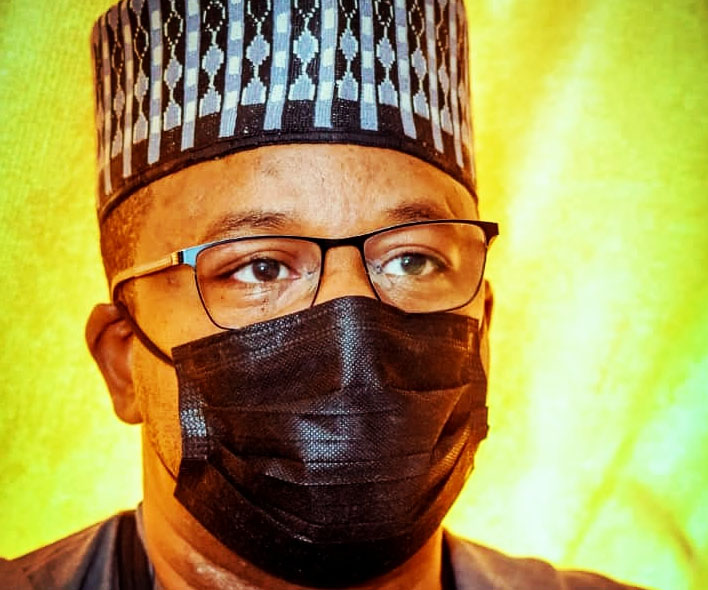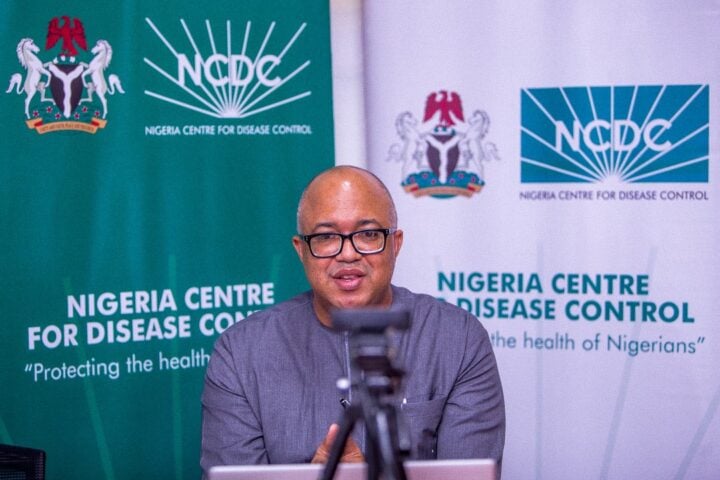Photo: NCDC
From what began as a seemingly hesitant step into the pandemic, when Nigeria recorded its first case of the coronavirus on February 27, 2020, the past year has been one of varied experiences for the country.
The country’s index case was an Italian citizen who came into Lagos from Milan, Italy, on February 25, 2020, making Nigeria the second African country after Egypt to confirm a coronavirus infection.
Although the country’s “non-existent” health sector — as Femi Gbajabiamila, speaker of the house of representatives, describes it — was negatively impacted by the spread of the virus, within six months, Nigeria went from zero to 71 testing laboratories for COVID-19.
FIRST COVID-19 DEATH
Advertisement

Less than four weeks after the index case, on March 23, 2020, Nigeria announced its first death as a result of COVID-19 complications — it was 67-year-old Suleiman Achimugu, former managing director of the Petroleum Products Marketing Company (PPMC). Other persons who have died of the virus include Abba Kyari, chief of staff to President Muhammadu Buhari; Chugbo Emeka, a medical doctor; Suleiman Adamu, Nasarawa lawmaker, and Solomon Ogunji, Abia commissioner for environment.
LESS THAN ONE PERCENT OF NIGERIANS TESTED

Advertisement
While the Nigeria Centre for Disease Control (NCDC) has reported 155,076 COVID-19 cases as of February 26, 2021, the country has tested less than two million samples so far. Nigeria’s testing rate is relatively low, compared to its huge population and the testing rate of other African countries. For instance, as of February 26, South Africa had tested 8,999,322 samples, representing 15 percent of its over 69 million total population.
However, a recent study revealed that the number of Nigerians who have contracted the virus may be “higher than” the cases confirmed by the agency. The report was released by the NCDC and Nigeria Institute for Medical Research (NIMR). The research also notes that one in every five persons in Lagos, Enugu and Nasarawa states might have contracted COVID-19 as of October 2020.
LOW MORTALITY AND HIGH RECOVERY RATES
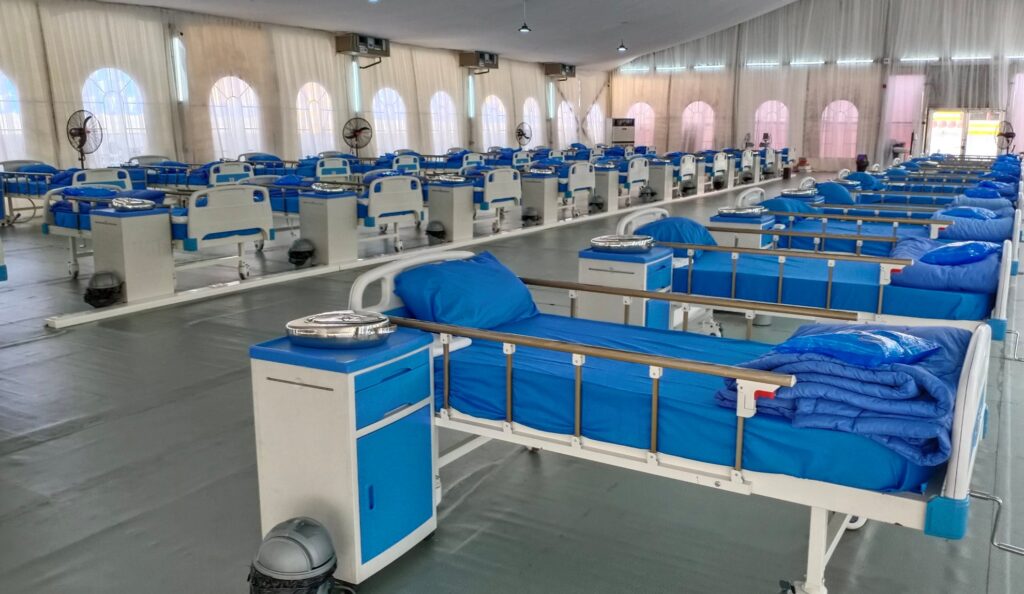
Advertisement
By February 26, the country had recorded 1,902 deaths arising from COVID-19 complications, but 132,544 patients have recovered, while 20,863 are currently active cases. This means that Nigeria has a recovery rate of 85.5 percent and 1.2 percent mortality rate.
Nigeria’s death rate from COVID-19 complications is relatively low when compared to some African countries. For instance, South Africa is leading the continent in terms of causalities with about 49,901 deaths, followed by Egypt with 10,541 deaths. Morocco has confirmed 8,618 deaths, and Tunisia has 7,873 deaths. However, Nigeria’s neighbour, Ghana, has recorded 600 deaths.
COVID-19 REGULATIONS
In May, a bill to replace the Quarantine Act was rejected by many Nigerians, on the basis that some of the provisions breached the fundamental rights of citizens, as well as allegations that it was copied from the Singapore Infectious Disease Act of 1977. The bill was subsequently dropped due to public backlash.
Advertisement
However, on January 27, President Muhammadu Buhari signed the COVID-19 health protection regulations 2021, which also prescribes six months imprisonment for persons found guilty of flouting the laws.
DISTRIBUTION ACROSS STATES
Advertisement
Thirty-five states, including the federal capital territory (FCT), have recorded at least 200 COVID-19 cases. Only Kogi has five cases — the government, under the leadership of Yahaya Bello, has repeatedly denied the existence of the virus in the state.
Lagos remains the epicentre of the pandemic, with 55,381 infections, followed by the FCT with 19,148 cases, and Plateau state with 8,874 confirmed positive samples. However, while Lagos currently has 2,147 active cases, the FCT has 7,208 patients still receiving treatment.
Advertisement
NIGERIA’S B1525 VARIANT AND ABOUT 55 LINEAGES OF COVID-19
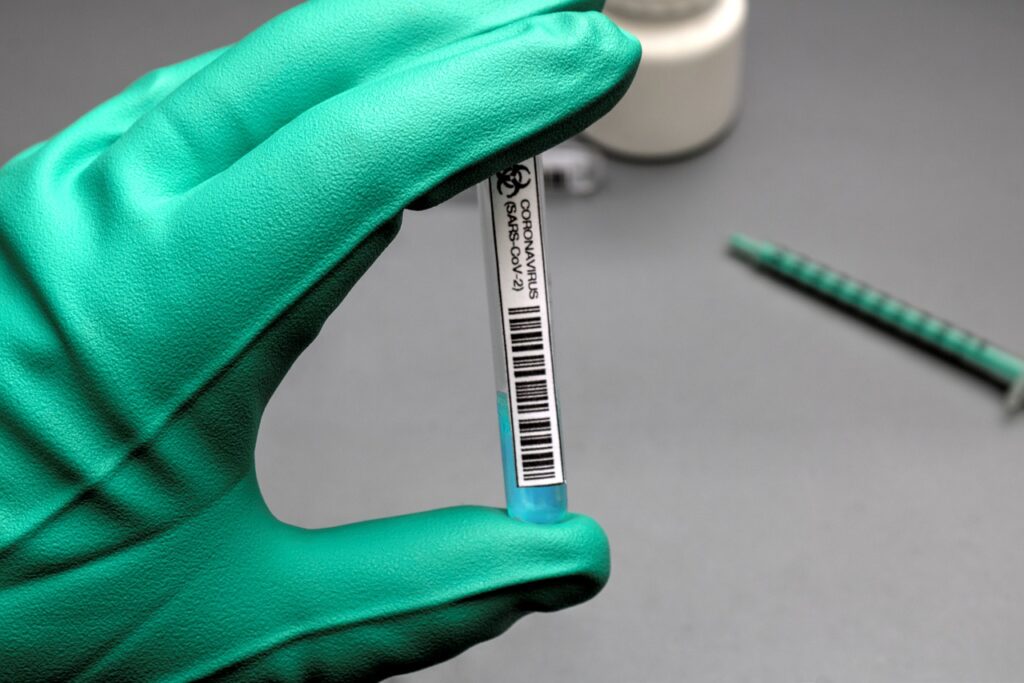
Advertisement
One of the characteristics of viruses is the ability to naturally mutate over time, and with the coronavirus, it is not different. Nigerian currently has a variant of the virus, which has been discovered in the UK.
According to the NCDC, the first case of B1525 was detected in a sample collected on November 23, 2020 from a patient in Lagos state. The Nigerian variant has also been discovered in the Denmark, Australia, Canada, France, among others.
However, the country has also reported cases of the deadly UK variant called B.1.1.7, and as of February 19, the agency had reported 29 cases in Nigeria.
NCDC has also confirmed that there are about 55 lineages of the SARS-COV-2, the virus that causes COVID-19, currently circulating in the country.
VACCINE DISTRIBUTION STRATEGY

Despite being the most populated African country, Nigeria has not commenced COVID-19 vaccination of its citizens. The federal government, on multiple occasions, has changed the delivery date of COVID-19 vaccine in Nigeria.
Initially, Nigeria’s vaccine delivery was slated for January 2021, and the shipment is expected through the COVAX facility, which is co-led by the World Health Organisation (WHO) and Global Alliance for Vaccines and Immunization (GAVI). The arrival date was postponed till the end of February, and has now been shifted again to March, after it appeared that the previous date was no longer feasible.
Despite lower infections and casualty toll than Nigeria, Ghana emerged as the first African country to receive the AstraZeneca/Oxford COVID-19 vaccine, backed by COVAX — the shipment arrived on Wednesday. Forty-eight hours later, Cote d’Ivoire received 504,000 COVID-19 vaccine doses from the COVAX facility, becoming the second African country.
RISK COMMUNICATION TECHNIQUES
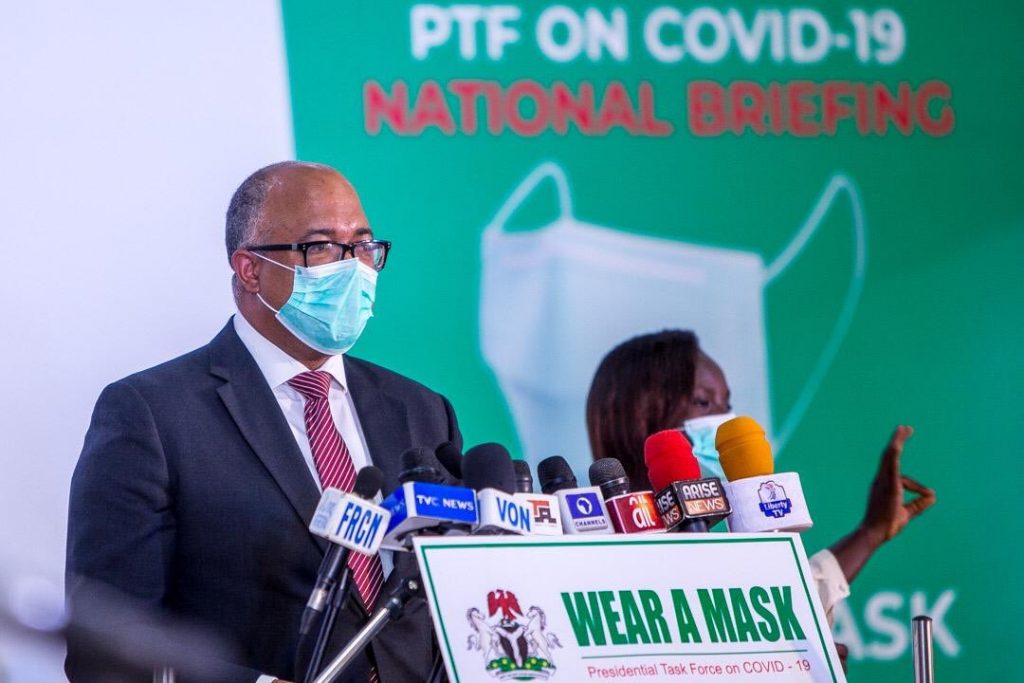
So far, NCDC and the presidential task force (PTF) on COVID-19 have ensured that Nigerians are provided with the necessary information about the spread of the virus. Media statements, regular briefings, social media updates and campaigns, broadcast interviews, short messages, among others, are used to disseminate information to Nigerians about the pandemic.
Since Nigeria recorded its index case, NCDC has continued to update its website and social media platforms with daily figures of the country’s COVID-19 status.
Add a comment
